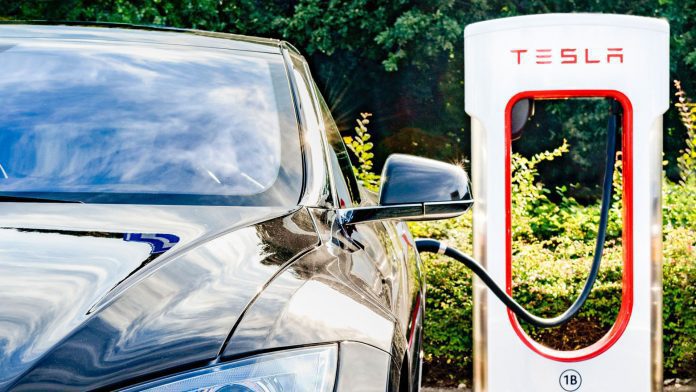Legacy automakers remain committed to pushing massive growth in EV sales and production. However, their efforts to change the market have had a minimal impact.
Even though EV sales have increased noticeably over the past few years, market leader Tesla continues to outsell other traditional automakers.
According to Motor Intelligence, Tesla has surpassed its closest competitor Hyundai and General Motors, through the first half of the year by roughly 300,000 vehicles. In comparison, that’s a 225,000 gap from the first half of 2022.
On the other hand, the auto data company estimates that Tesla sold 336,892 vehicles to retail and fleet clients in the U.S. during the first half of the year, a 30% increase over the same period last year.
During that same period, sales of EVs rose by almost 11% at Hyundai, including the Kia brand, which is owned by the same parent company, to 38,457 units. GM, which ranked second in EV sales during the second quarter, increased its sales of electric cars and trucks by more than four times, to 36,322 units, from the same period last year. Volkswagen increased EV sales by over twofold to 26,538 vehicles sold through June.
Hyundai’s second-place finish is particularly noteworthy because, unless they are leased, their vehicles are not eligible for federal EV tax credits of up to $7,500. The purpose of these complicated incentives is to support EVs made in North America.
As GM introduces additional popular EV models like the Chevrolet Silverado, Blazer, and Equinox later this year, the automaker plans to overtake Tesla in sales by mid-decade. In 2023, it will introduce a new electric delivery vehicle and the Celestiq, a custom Cadillac EV that costs more than $300,000.






